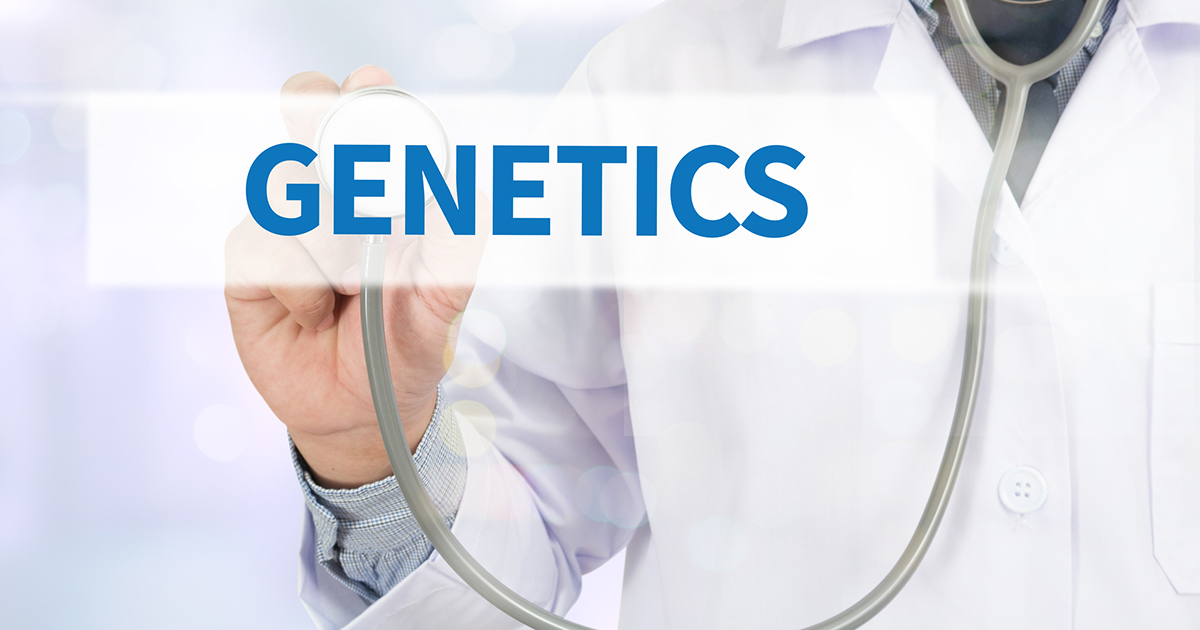Breast Cancer Identified Risks, Diagnostic, And Treatment Advancements Worth Knowing About
Other Discovered Genetic Mutations

Aside from the BRCA genes, mutations that occur in several other genes are associated with the risk of developing breast cancer. These mutations are rare in comparison to BRCA genes mutations. Genetic identification of any of the following mutations can help affected individuals take measures for the prevention and early detection of breast cancer. The presence of one mutated ATM gene can stop the cells from being able to mend damaged DNA, increasing the risk of developing breast cancer. Mutations present in the BARD1 gene or in the BRIP1 gene are responsible for DNA repair that can also make an individual more susceptible to breast and ovarian cancers. Mutations that occur in the CDH1, CHEK2, and MRE11A genes all increase an individual's risk of breast-related cancers. A mutation in the MSH6 gene puts a patient at double the risk of developing cancer compared to a nonaffected individual. Furthermore, mutations in NBN, PALB2, PMS2, PTEN, RAD50, RAD51C, STK11, and TP53 genes are also closely linked to the increased risk for breast cancer. In rare cases, individuals who have inherited two abnormal gene duplicates of BRCA2, MRE11A, PALB2, RAD51C, BRIP1, NBN, or RAD50 genes have a compounded risk of developing certain kinds of cancers, including breast cancer.